The Deported
World War 2 left indelible marks across the globe. While Romania may not have endured the same devastation as Germany, we have our tales of sorrow etched into our walls. Though I haven't delved deeply into world history, I've absorbed fragments of stories from that era.
My great-grandfather was a partisan, opting to evade the conflict by dwelling in the forest for several years. Conversely, another great-grandfather experienced the horrors of war firsthand, returning to recount his tale to my grandmother and her siblings.
While I could research the war's origins and offer my perspective, I'm certain it stemmed from the collusion of egos, with innocent soldiers and their families bearing the brunt of the consequences.
As I've reiterated on my blog, if the masses refused to engage in warfare, conflicts would cease to exist. Perhaps drones and autonomous weapons would still be utilized, but much bloodshed could be averted through non-participation—plain and simple.
Even after the war's cessation, communities in my homeland faced deportation amid lingering conflicts. Below is a snippet of history I've extracted from the internet, shedding light on these tumultuous events. Those with familial ties to such upheaval undoubtedly possess harrowing tales to share.
The deportations to Bărăgan were an action undertaken in the 1950s by the communist regime in Romania, which began with the forced relocation to the Bărăgan Plain of the population from a radius of approximately 25 km from the border with Yugoslavia, from the counties of Timiș, Caraș-Severin and Mehedinți . , following the conflict that broke out between Stalin and the communist leader in Belgrade, Iosip Broz Tito and, once this "large-scale dislocation transfer" was carried out, he continued by condemning the forced labor of citizens considered by the regime to be. "insecure" or "enemies".
Bărăganul as a deportation area between 1951 and 1956.
The first wave of deportees came from the 25 km space along the Yugoslav border, which stretched between the villages of Beba Veche (Timiș county) and Gruia (Mehedinți county), covering a number of 203 localities.[4] People from the island of Ada Kaleh were also deported. In 1956 the deportees from the first wave were authorized to return to their native lands.
source
The subsequent images portray a glimpse of the era alluded to in the post. Though unsettling, they are an integral part of our history, nonetheless...
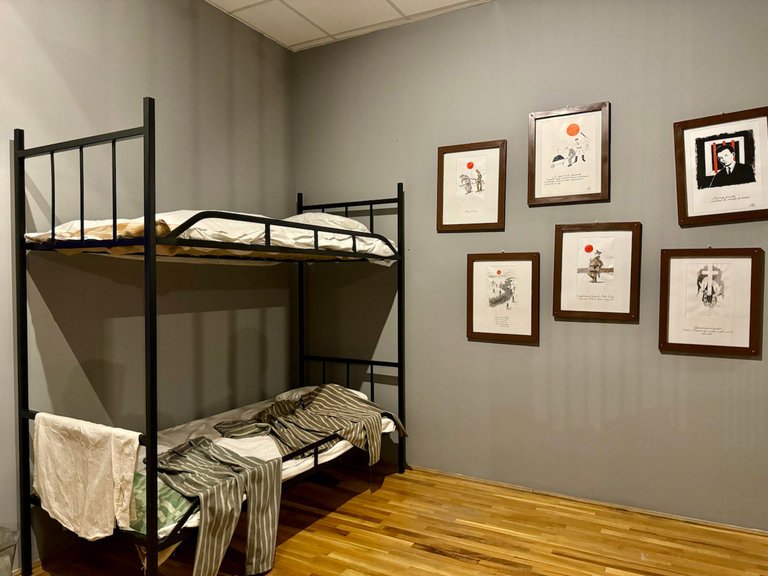
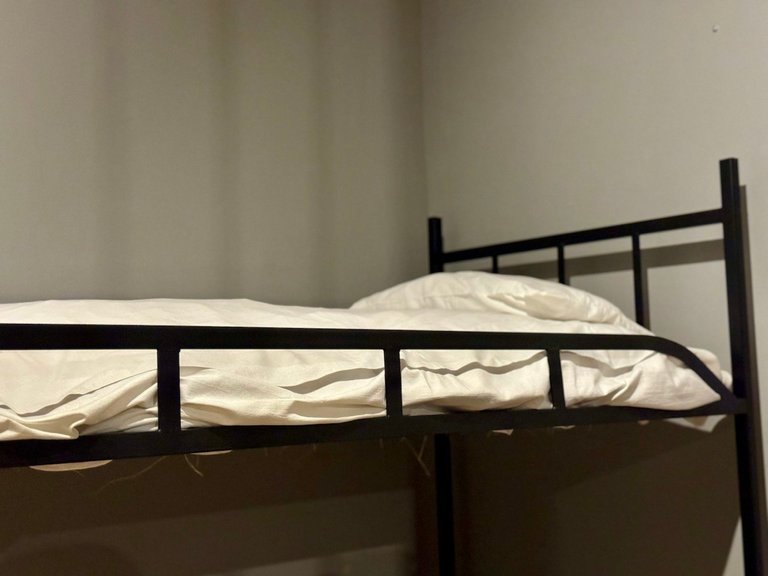
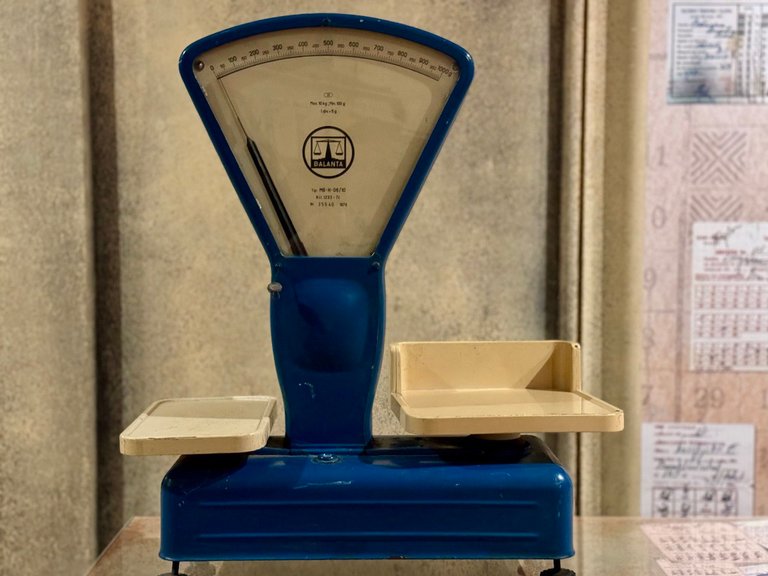
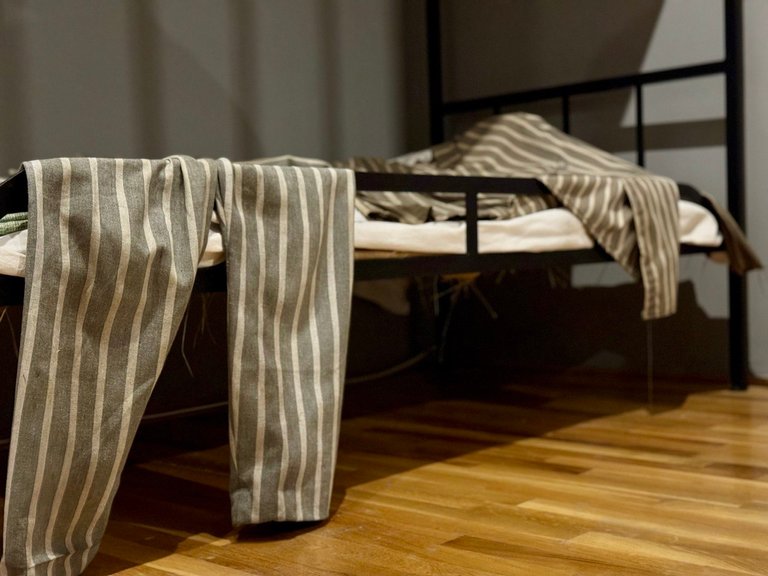
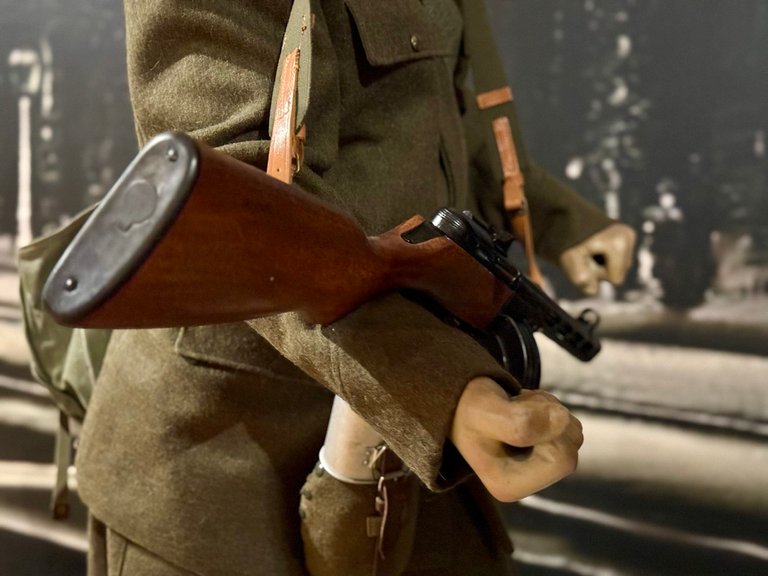
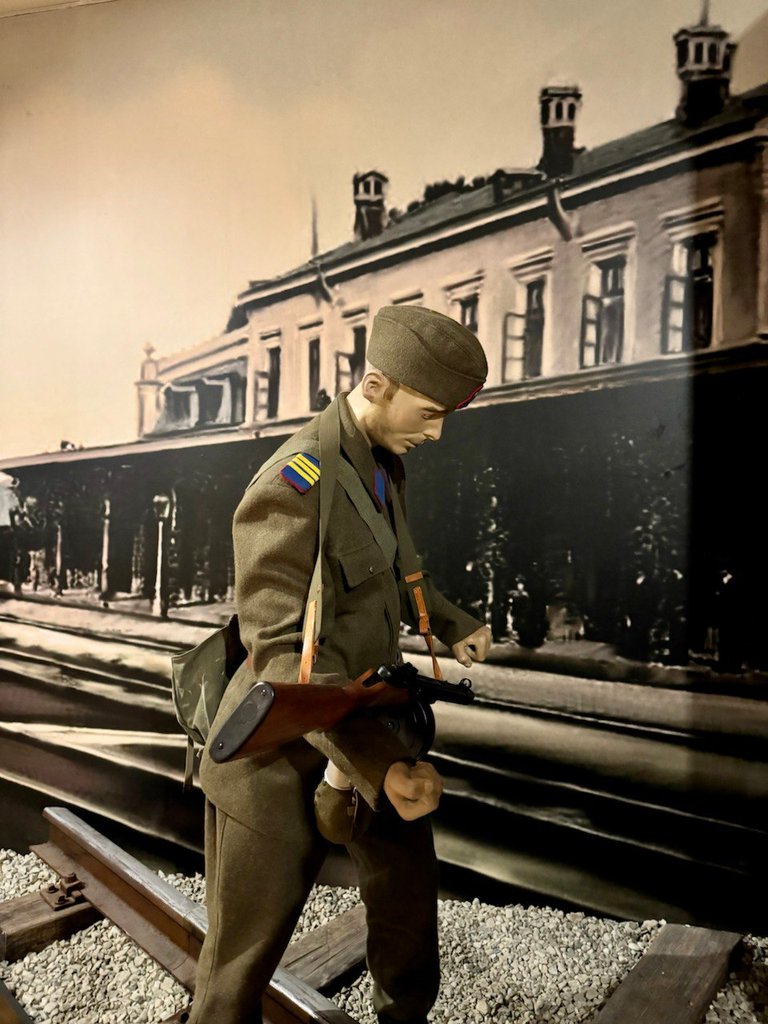
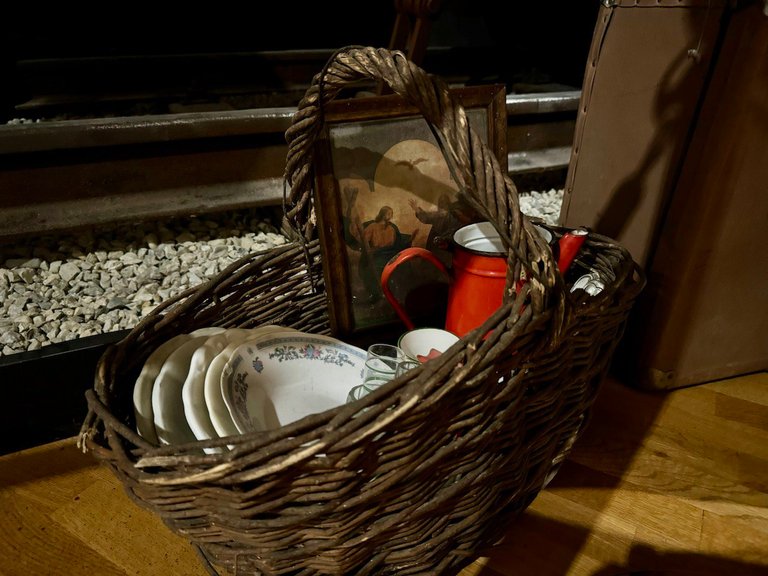
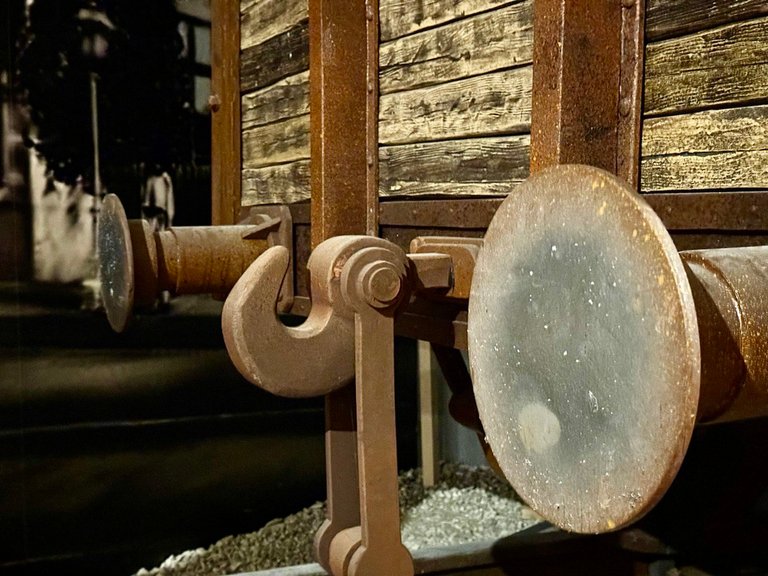
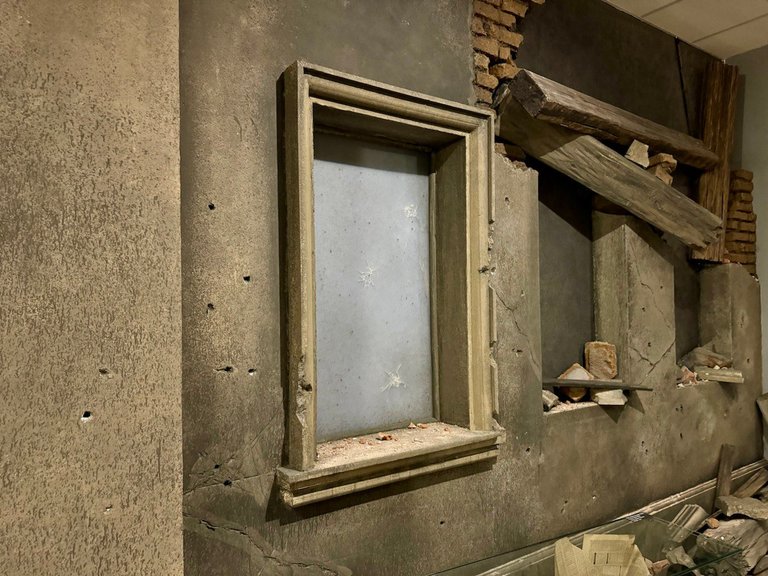
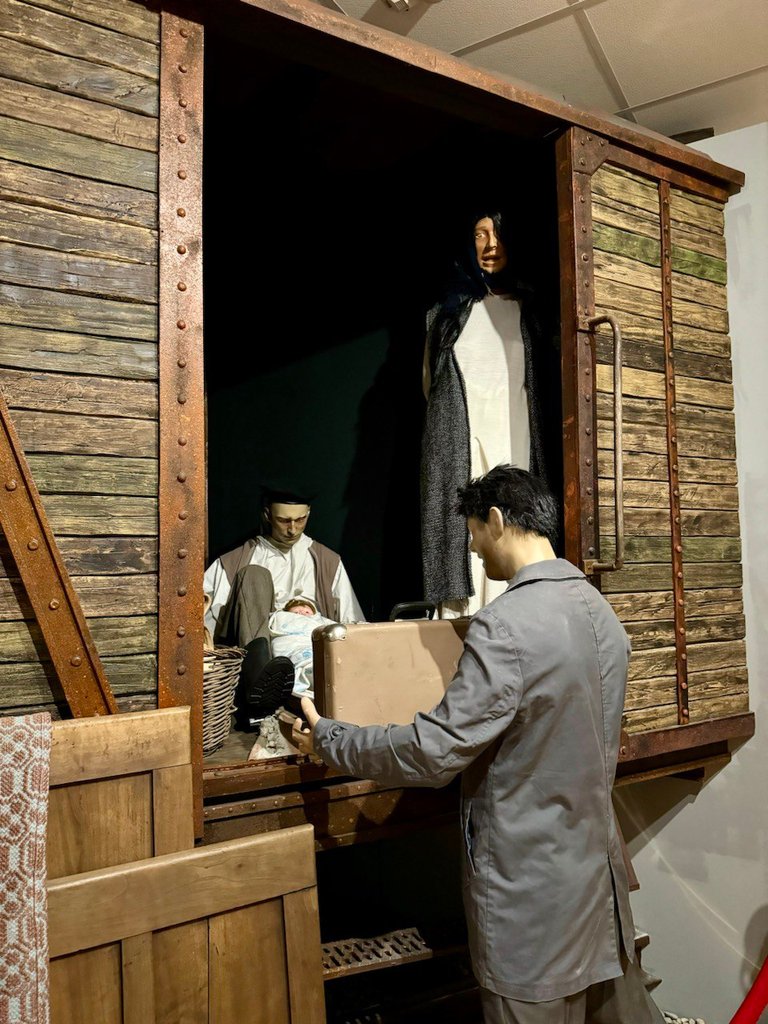
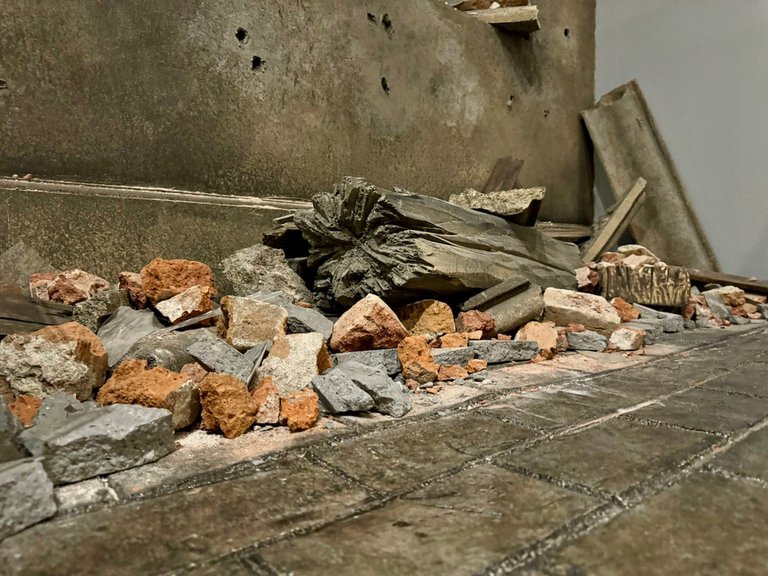
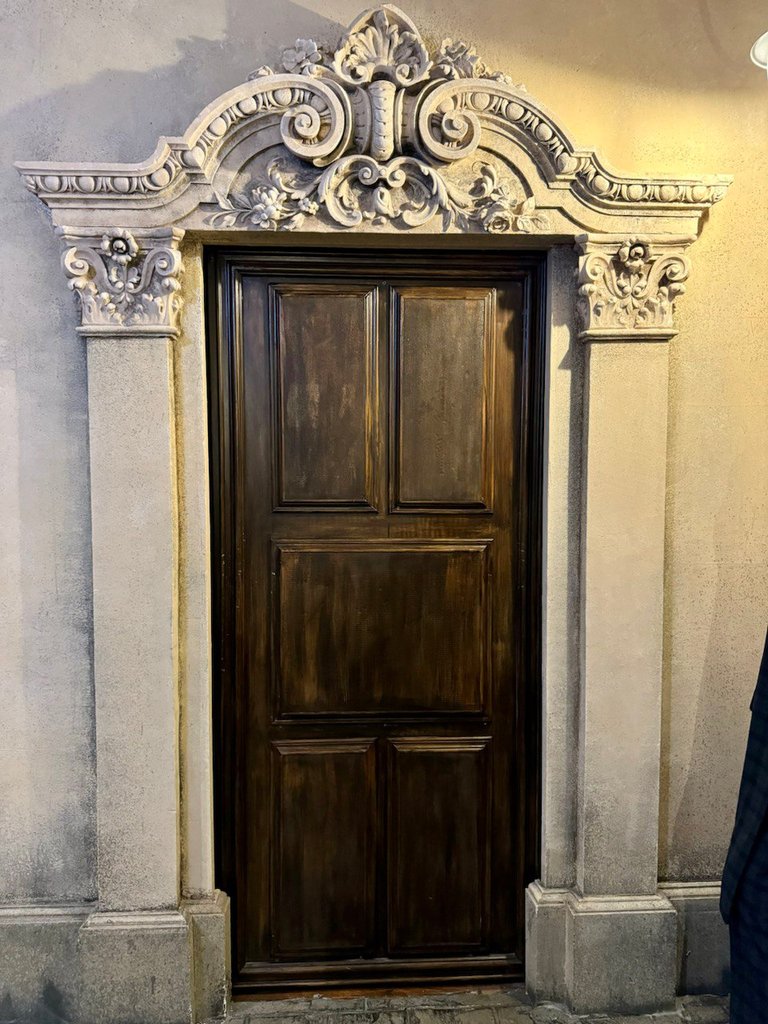
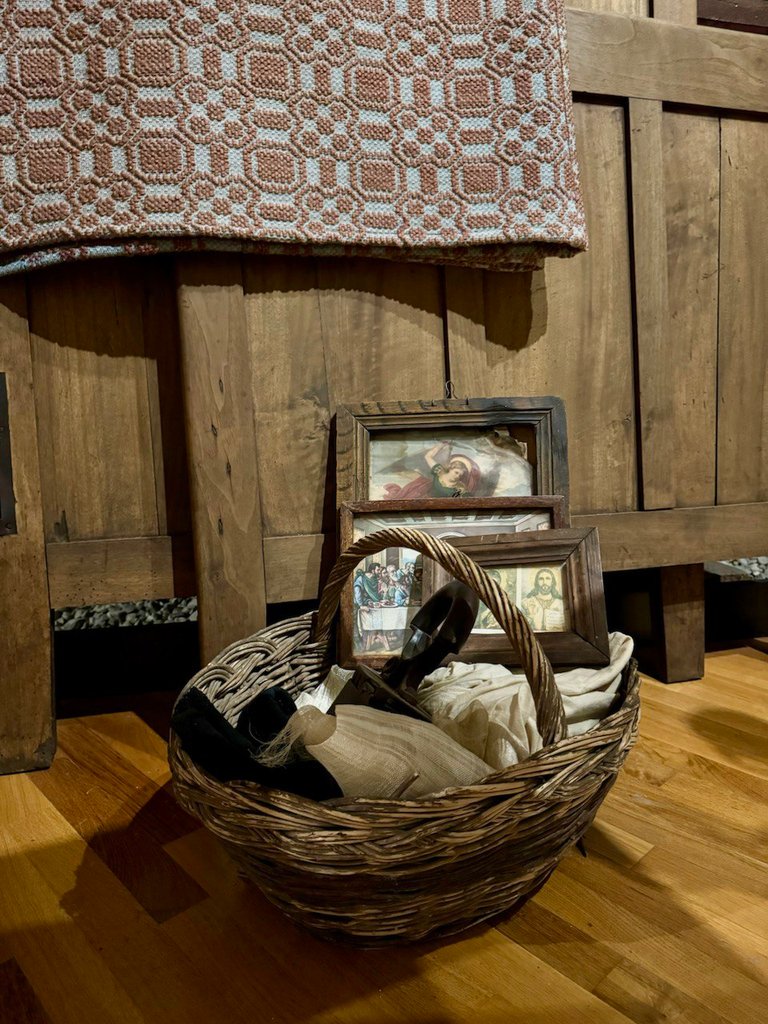
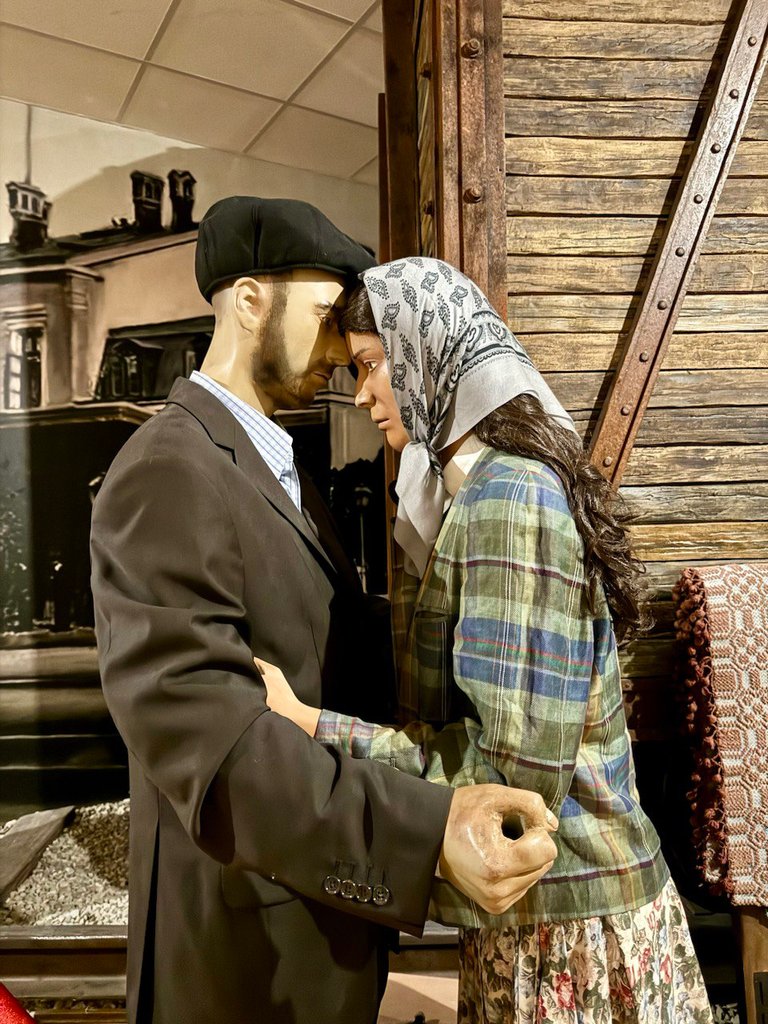
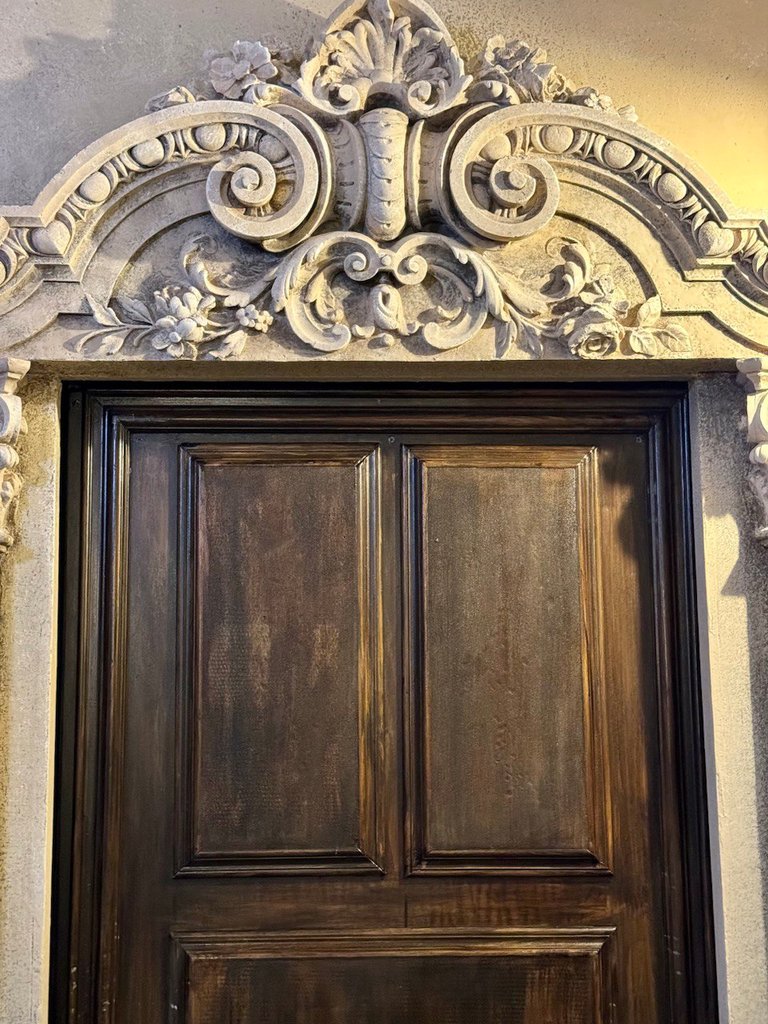
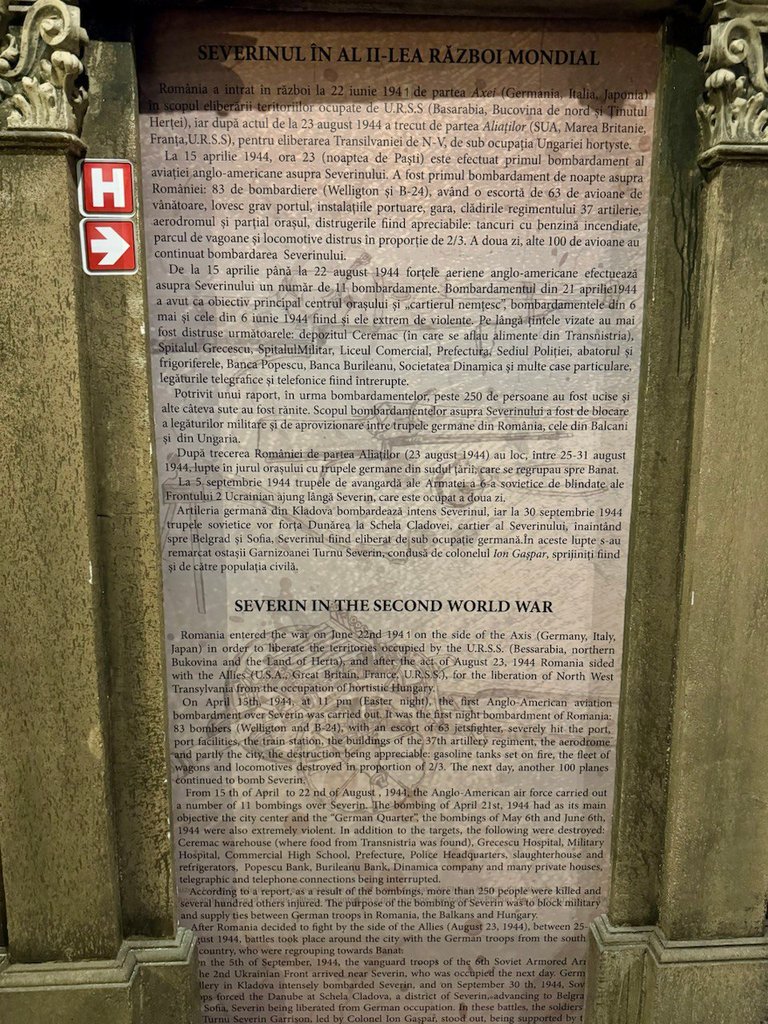
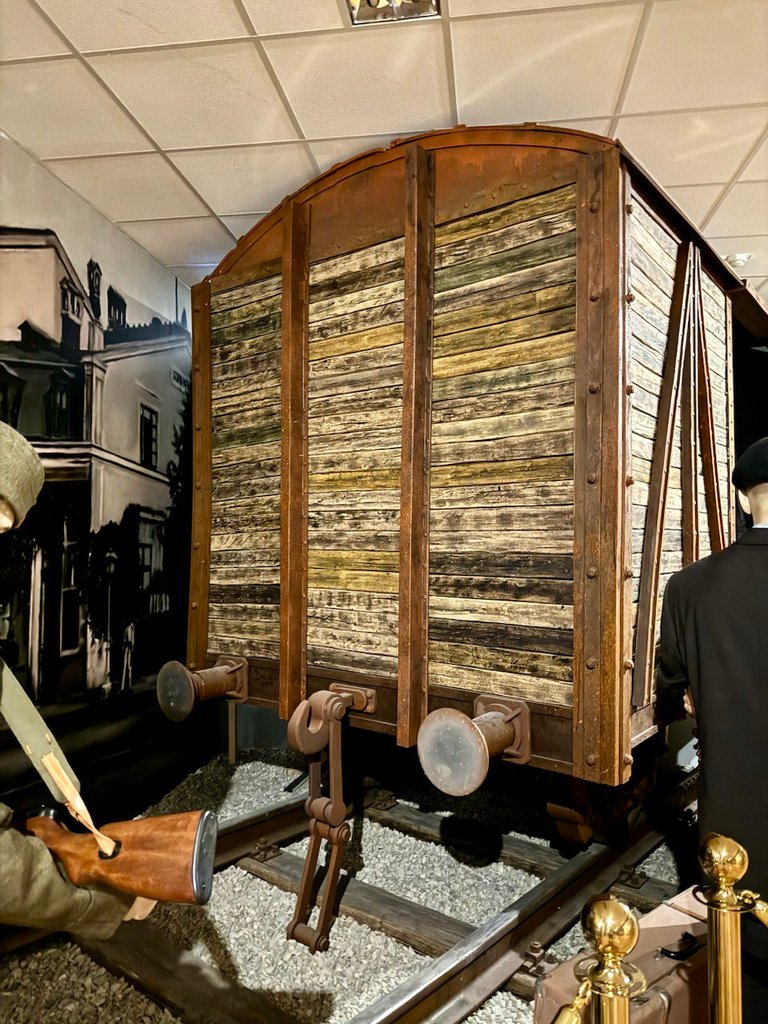
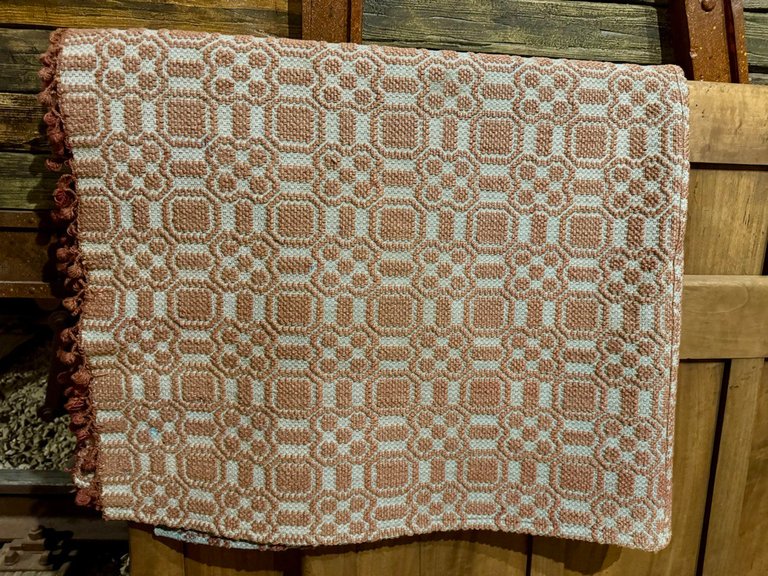
Thanks for your attention,
Adrian
There is so much pain and tragedy in war. The ultimate failure of reason.
I agree entirely.
Tito-Stalin split caused similar kind of events on the other side of border. Goli Otok, infamous prison complex which is considered one of the darkest chapters in history of Communist Yugoslavia, was originally built for real or alleged supporters of Stalin. Plenty of harrowing tales from that place.
History is full of such bastards.
Well, we had the ruSSians for 50 years+their children now controlling the country, as the remains of Divizia Tudor Vladimirescu and Divizia Horia, Cloșca și Crișan. It did more havoc than the bombs over Germany.
I understand you, as my grandfather, with his parents, after fleeing two times from Cernăuți, they have been also deported in the first wave in Bărăgan. These have been very sad times.
When I will be there, will definitely need to visit the museum.
I highly recommend visiting it.